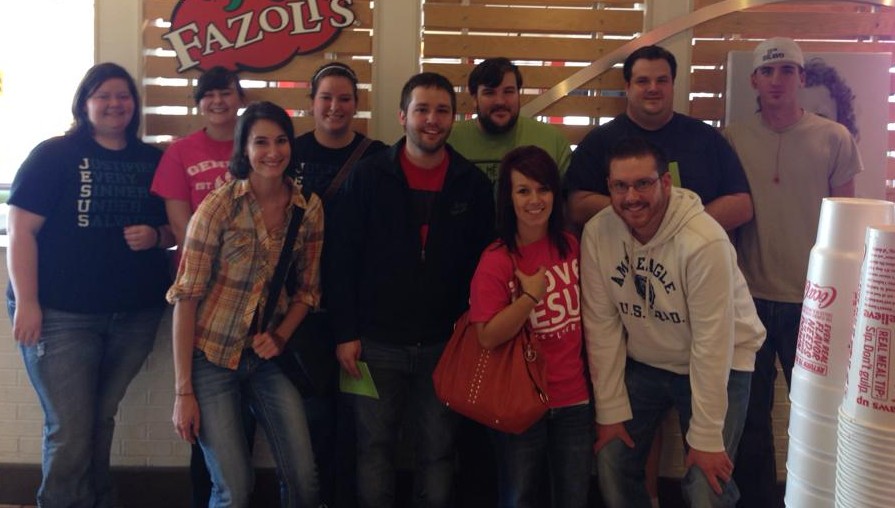By Franklin Dumond
While churches fail to grow for a number of reasons there are several habits that restrict growth. Habits that restrict growth, unlike obstacles that restrict growth, can be broken or relearned without official action by the congregation. That is to say that these habits are learned behaviors not required performance mandated in the bylaws. Culture can be changed without a vote but new ways of thinking and acting take time to develop.
I recently broke down 10 habits that can hold congregations back from reaching new people. You can reread that article here. Today, I will lay out some easy solutions to help change these patterns of behavior and open your church up to new growth.
- Seating patterns To encourage regular attenders to move forward from the back rows church leaders may:
- rope off the back few pews. (Note: this doesn’t work too well since it is surprising how agile back row sitters are when it comes to jumping over those ropes!)
- encourage new seating patterns on special days. The tried and true adage “Park in the back, sit in the front, move to the middle” often captures attention.
- spend time explaining the importance of changing seating patterns. If someone is to give up a favored seat it will generally be because they see the larger vision of a room that looks comfortably full, space for new folks, etc. Make partners and allies rather than adversaries.
- ask a few people to help by changing seats.
- Announcements Announcements, if needed should NEVER be used at the beginning or middle of a worship service. Use them at the end of the service. Restrict them to those that apply to everyone and limit them to 60 seconds.
- Proofing Song lyrics and bulletin files that will be saved and reused must have scheduled times for proofing and correction. Enlist a team to help identify and write down needed changes.
- Guest Friendly Atmosphere If it is confusing or boring to the first time guest then it should not be said or done. Using a Mystery Worshipper approach might be necessary to gain a real insight into how things look to outsiders.
- Décor Most church décor should be simplified and include fewer flowers, ornaments, and pastels. Those things tend to target women and make men feel like they may not belong in that congregation.
- Too many hats by too few people This may require limiting serving opportunities. Your leadership may also need to consider that some things that have always be done can no longer be done effectively.
- Solo rather than team ministry Divide tasks into four parts and start sharing the load. Rotate tasks over the course of a month. Every member should be involved in ministry.
- Status Quo Intentionally choose what the church does. It’s okay to do what has always been done, if it is effective. It’s not okay to do something new just for newness’ sake if it will not be effective for your congregation or community.
- Dust, clutter, decay Spring Cleaning and Fall Workday can help cut down on the amount of clutter sitting around, as well as be an intentional effort to give the building a good cleaning..
- Loss of Celebration in Worship Start and end with the same praise chorus, making sure it is lively, singable and memorable.
What do you think? Have you noticed ways to help congregations change the habits that restrict growth? Click ‘Leave a Comment’ at the top of this article to share your thoughts and experiences with us!
